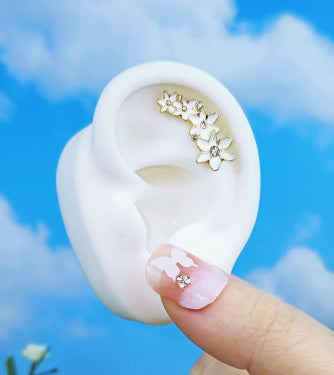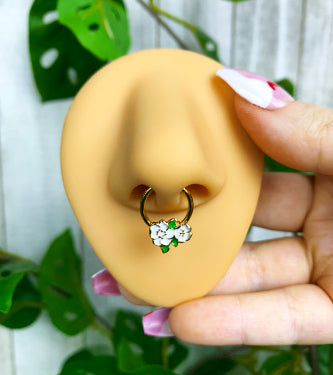If you’re like me, you love HBO’s Emmy-winning Boardwalk Empire, based on the book Boardwalk Empire: The Birth, High Times, and Corruption of Atlantic City by Nelson Johnson. While the character in the TV series follows the exploits of Enoch “Nucky” Thompson, the real Nucky was criminal kingpin Enoch L. Johnson (okay, so “Johnson” to “Thompson” isn’t really much of a mask, and this Johnson was no relation to the author by the way). Regardless of the names used to protect the questionably innocent, the fact remains that this was a fascinating – and extremely tumultuous – period in U.S. history.
 the ladies of Boardwalk Empire (source: WGSN)
the ladies of Boardwalk Empire (source: WGSN)
The series is a mostly-fictional take on the years between 1920-1933 known as Prohibition. The hub of the action is in Atlantic City, NJ, where Boardwalk takes a look through the microscope at the people behind the scenes: bootleggers, corrupt politicians, federal agents, and the Women’s Christian Temperance Union. The WCTU got the whole Prohibition ball rolling with their staunch belief that alcohol was pretty much the root of all of the country’s social ills, a list which included crime, poverty, drunkenness, and even mental illness. So their push for the Volstead Act – the enacting of the 18th amendment to the Constitution – was seen as a real victory for the teetotalers.
Perhaps not-so-surprisingly, when you deny a human being something, they tend to want it all the more. So not only were Americans not good boys and girls during this thirteen-year period, but the craziness increased. Most notably, the rise in organized crime ramped up: booze was a super-hot commodity, and there were plenty willing to pay top dollar for it. The American Mafia was birthed during this period, and without a solid system in place to effectively enforce the law, the syndicate grew rapidly. Also because the government was so ineffectual as enforcing this law, cities such as New York had anywhere from 30,000 to 100,000 speakeasies by 1925, where the sale of illegal alcohol flourished.
The 21st Amendment, ratified on December 5, 1933 when Utah became the 36th state to approve it, brought an end to the unpopular Prohibition movement (president Franklin D. Roosevelt actually campaigned on a platform to repeal it, which probably got him a whole lot of votes). As a result, December 5th has been designated Repeal Day and feverishly promoted by bloggers; this year marks 80 years since Americans were allowed to legally partake in alcohol once again. As the official Repeal Day site states: “Simply celebrate the day by stopping by your local bar, tavern, saloon, winery, distillery, or brewhouse and having a drink. Pick up a six-pack on your way home from work. Split a bottle of wine with a loved one. Buy a shot for a stranger. Just do it because you can.” And in the midst of another crazy holiday season, that might not be such a bad idea. Enjoy your freedom – and drink responsibly!





